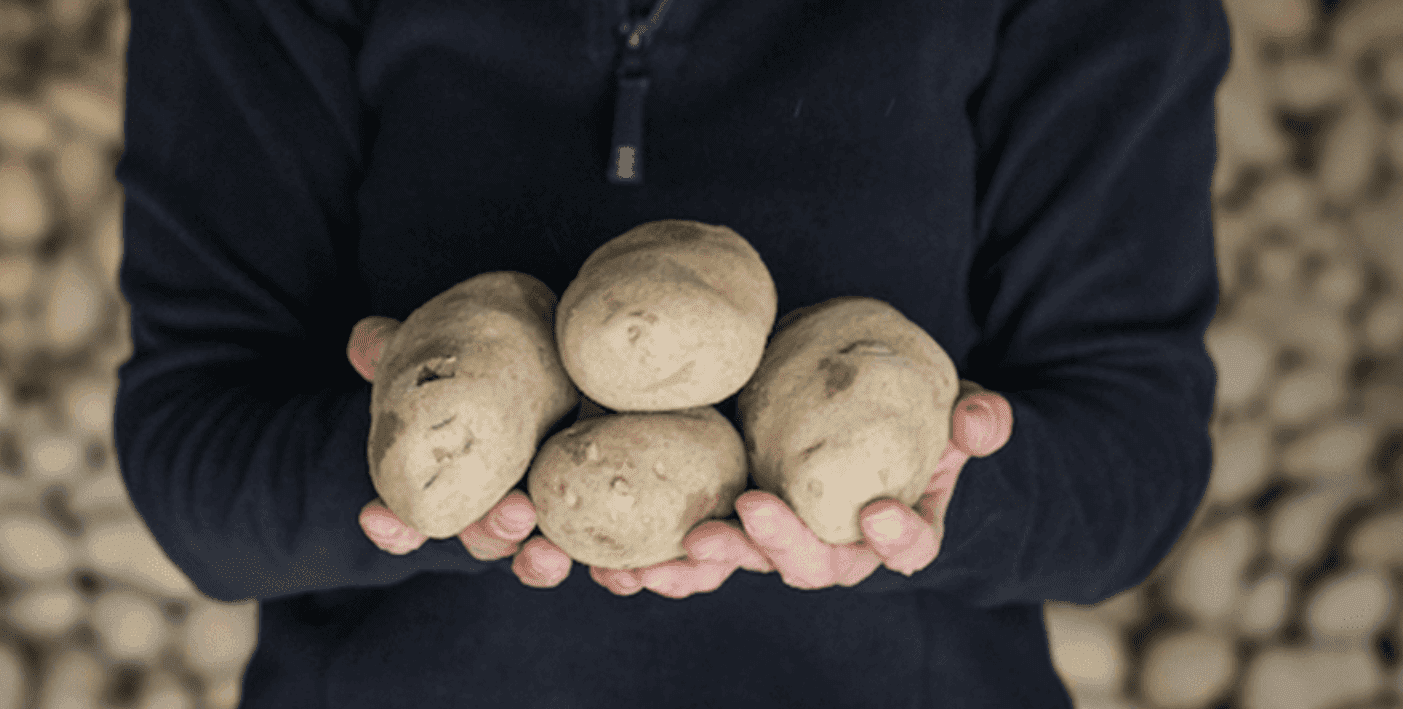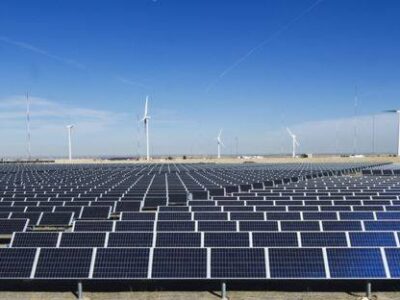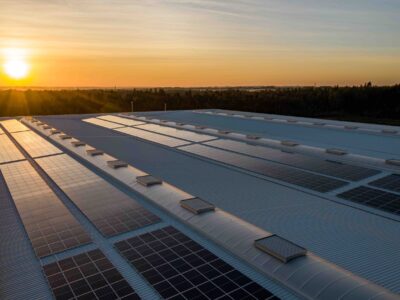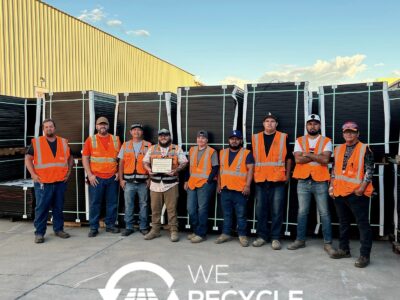Fries are beloved throughout the world. They are a quick way of preparing potatoes while also being arguably the easiest method to consume them. That combination of efficiency, cost, and taste are the primary reasons Americans eat fries at a whopping rate of 4.5 billion pounds each year.
Health concerns will always be present with anything extensively fried — especially for a dish named after the cooking process. However, these crispy potato slices also have a few surprising health benefits, including lowering children’s blood glucose and insulin levels. Now, the world’s leading fries processor has announced that its continued operations will come at a lower environmental footprint than ever.
As stated this summer by McCain Foods, the Canadian-based company will be powering half of its main processing plant in Aroostook County, ME, using solar energy.
Rather than simply outsourcing its renewable power supply to an existing solar operation or buying offsets through the carbon credits market, McCain is building five “community solar gardens” to generate it on the spot. Solar gardens are relatively small spaces of panels rather than full-scale facilities, although it is not known what these plots will look like until construction is complete. However, some crafty environmental repurposing is already at play, with one of the five gardens planned for construction atop a former landfill.
“Climate change is an existential threat,” said Curtis Swager, McCain’s senior director of government and external affairs. McCain first announced the solar gardens’ creation in June during this year’s celebration of a company-wide “sustainability week.” As Swager sees it, the onus is on everyone who participates in the fries economy, including food processing companies that produce their emissions through daily operations. “We’re committed to playing our role in solving the problem, and the solar gardens are just the natural next step in our sustainability goals.”
Solar power is a good start, but McCain won’t stop there. The company also announced that it would be working with the individual entities responsible for growing potatoes nationwide to come together to improve sustainability practices at their farms.
With the help of implementation staff, McCain is looking to teach these farmers about the benefits of regenerative and no-till farming practices and how to put them into action cost-effectively. Doing so will work wonders to ensure that the entire supply chain becomes more climate-conscious, which has become increasingly important for consumers in recent years.
“What we try to do is be at the forefront of sustainable investment to drive change,” said Swager. “Customers are making more conscious choices about what they eat. We want to make tasty food and — in making food — have smart, sustainable farming.”
The Aroostook announcement is the latest of many sustainability commitments from McCain Foods. The company has instituted several targets that will come due soon. The firm expects processing plants like Aroostook to use 100% renewable energy by 2030, meaning McCain will have to create or purchase more solar or wind capability. The other targets, debatably more ambitious because of a 2025 goal, include making 100% of packaging recyclable, ending coal use entirely, contributing zero waste to landfills, and improving water efficiency in water-stressed regions of operation.





